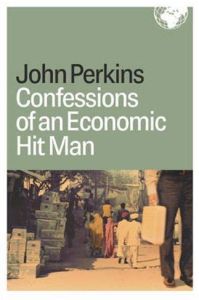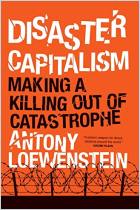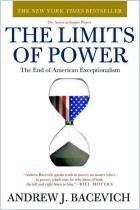Join getAbstract to access the summary!

Join getAbstract to access the summary!
John Perkins
Confessions of an Economic Hit Man
Berrett-Koehler, 2004
What's inside?
How John Perkins trapped developing countries in a web of greed, debt and war to benefit big U.S. corporations.
Recommendation
Author John Perkins is a little like one of those high-tech thieves who gives up his life of crime to enter a lucrative practice teaching police to thwart other criminals. Having admitted to wrongdoing while engaged in his first profession, he asks you to trust the sincere intentions underlying his second - namely, his role as a best-selling author and speaker exposing the greed and perfidy of the United States. "I sometimes suspected some sort of conspiracy was directed at me," Perkins writes. Indeed, he seems to live in an odd world framed by the cold reality of economic statistics on one side and a life in espionage that reads like fantasy on the other. This odd balance would seem to limit the credibility of his premise: that international economic consultants have formed a de facto alliance with the U.S. intelligence apparatus to economically and politically exploit the world’s disadvantaged nations. The book is an interesting read no matter how much credibility you invest in it. Perkins offers rare insights into behind-the-scenes mechanics of Third World debt and development. getAbstract.com recommends it, with the caveat that it may reflect the influence of one of Perkins’ favorite authors, spy novelist Graham Greene.
Summary
About the Author
John Perkins founded and later sold an alternative energy company. From 1971 to 1981, he was chief economist at an international consulting firm, where he was also manager of economics and regional planning. He says his real job was being an economic hit man, but he did not disclose that until after 9/11. He now teaches about achieving peace and prosperity by transforming institutions.
























Comment on this summary